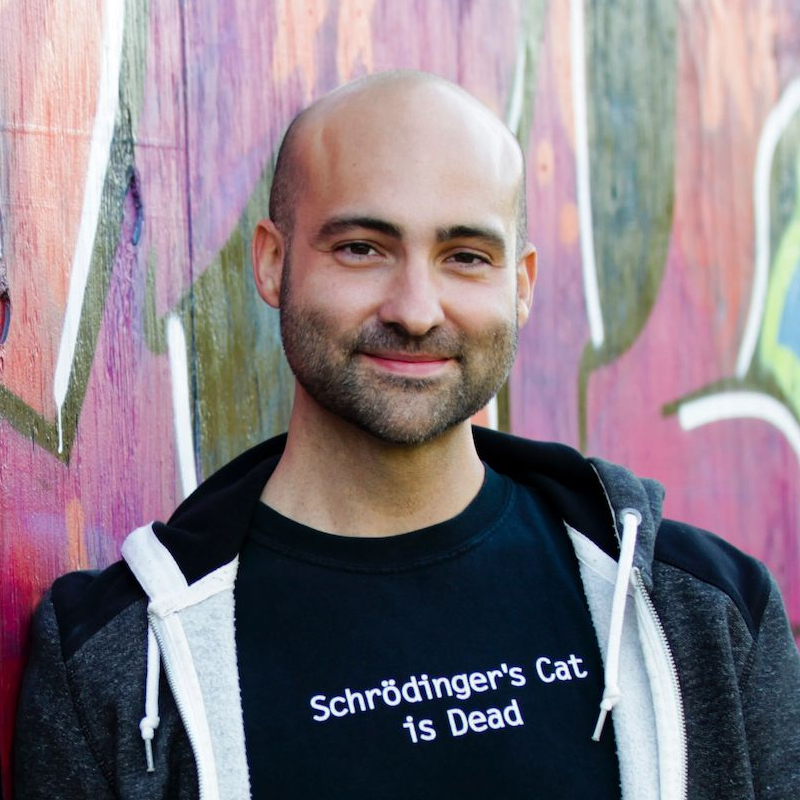
Paul Sutter
Paul M. Sutter is a research professor in astrophysics at SUNY Stony Brook University and the Flatiron Institute in New York City. He regularly appears on TV and podcasts, including "Ask a Spaceman." He is the author of two books, "Your Place in the Universe" and "How to Die in Space," and is a regular contributor to Space.com, Live Science, and more. Paul received his PhD in Physics from the University of Illinois at Urbana-Champaign in 2011, and spent three years at the Paris Institute of Astrophysics, followed by a research fellowship in Trieste, Italy.
Latest articles by Paul Sutter

We may finally know how to make a stable Dyson sphere
By Paul Sutter published
Is it possible to build a Dyson sphere that isn't catastrophically unstable? New research says yes, but only in one type of star system.
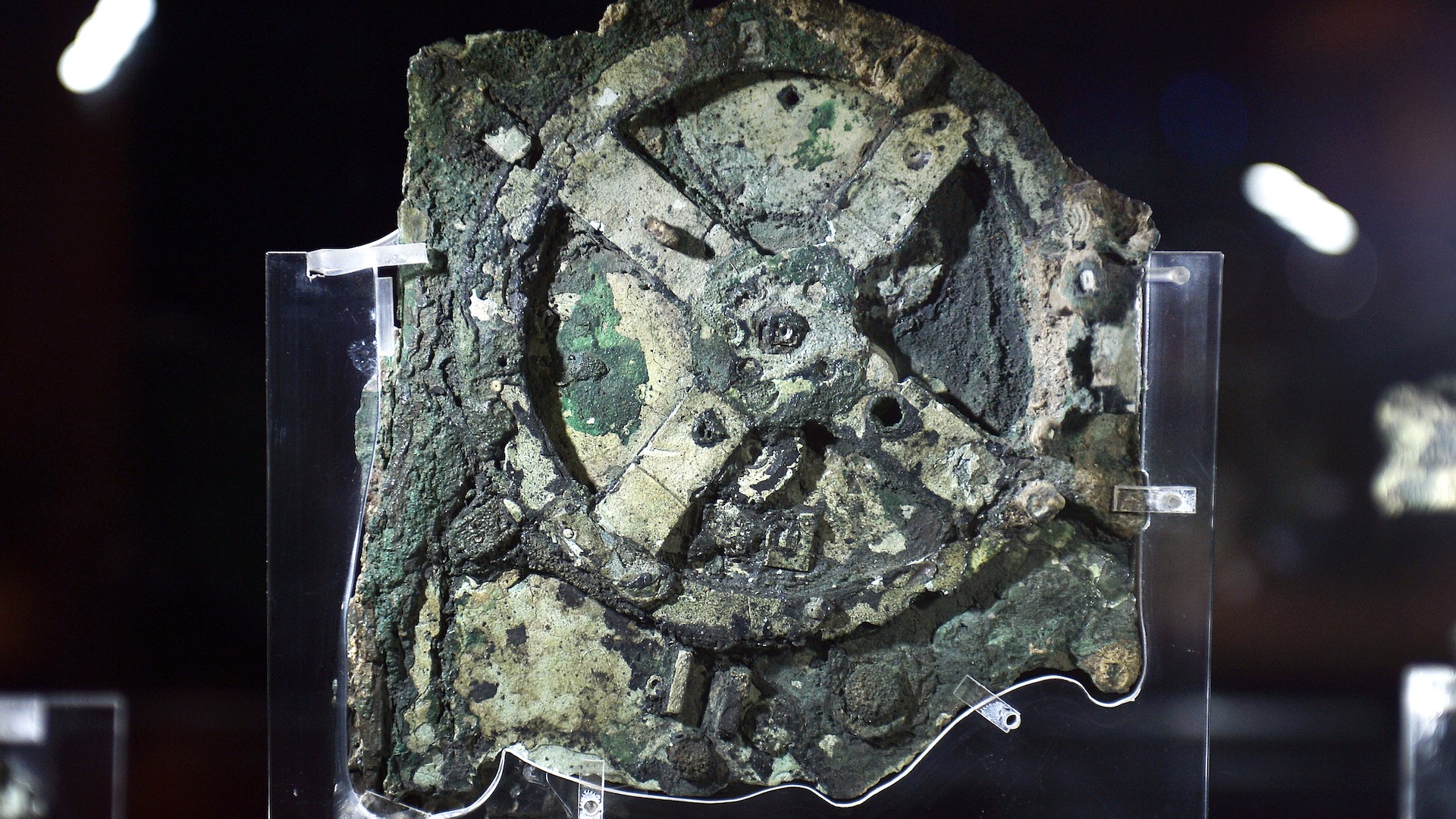
Mysterious Antikythera Mechanism may have been an ancient Greek toy, new study hints
By Paul Sutter published
The mysterious Antikythera Mechanism is 2,000 years old and has long puzzled scientists. New research into its triangle-shaped teeth may finally reveal its intended purpose.
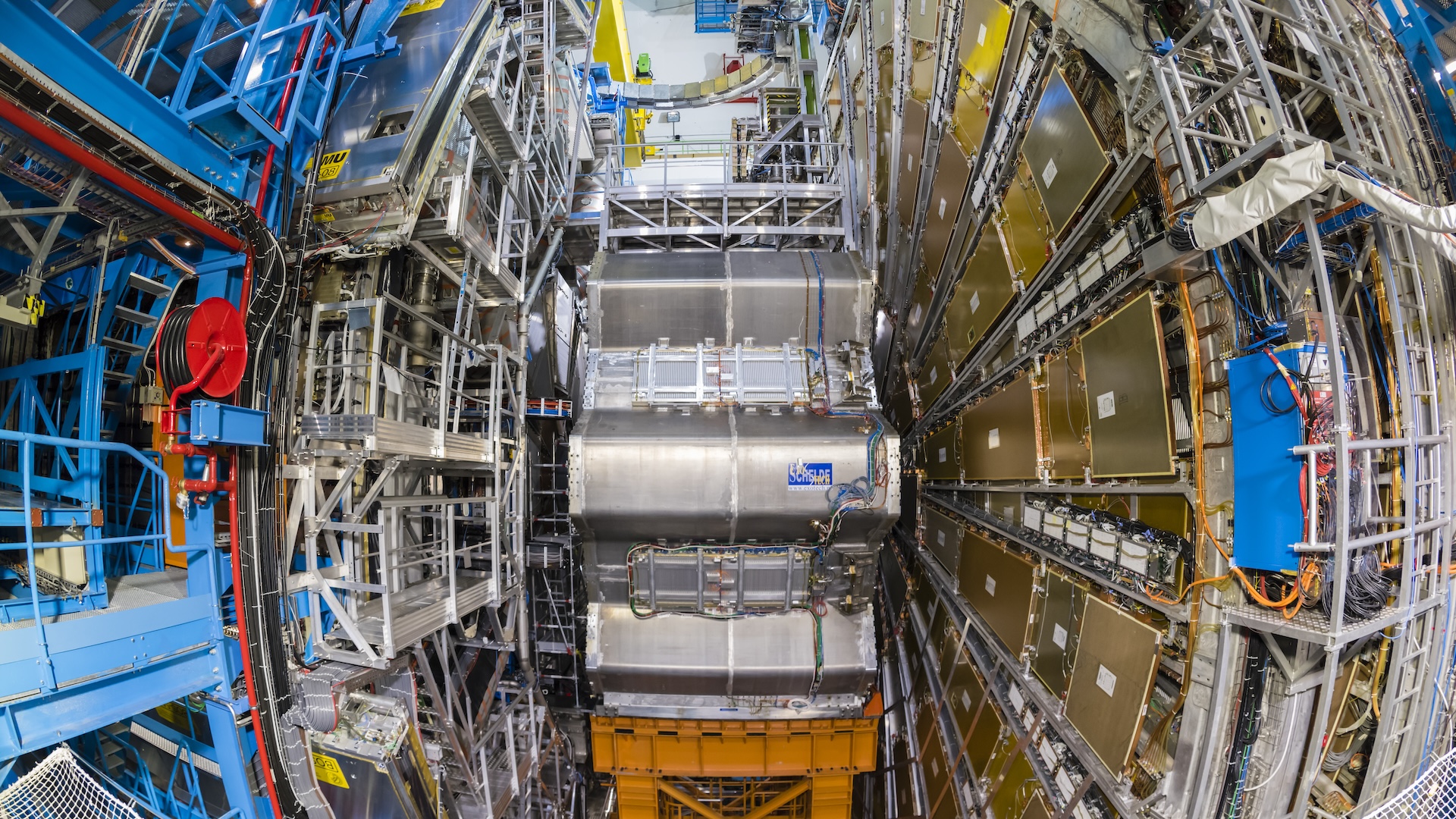
The world's largest atom smasher is getting a powerful new upgrade
By Paul Sutter published
Physicists are finalizing plans for MATHUSLA, a powerful new addition to CERN's Large Hadron Collider that will detect long-lived particles and potentially open the door to new physics.
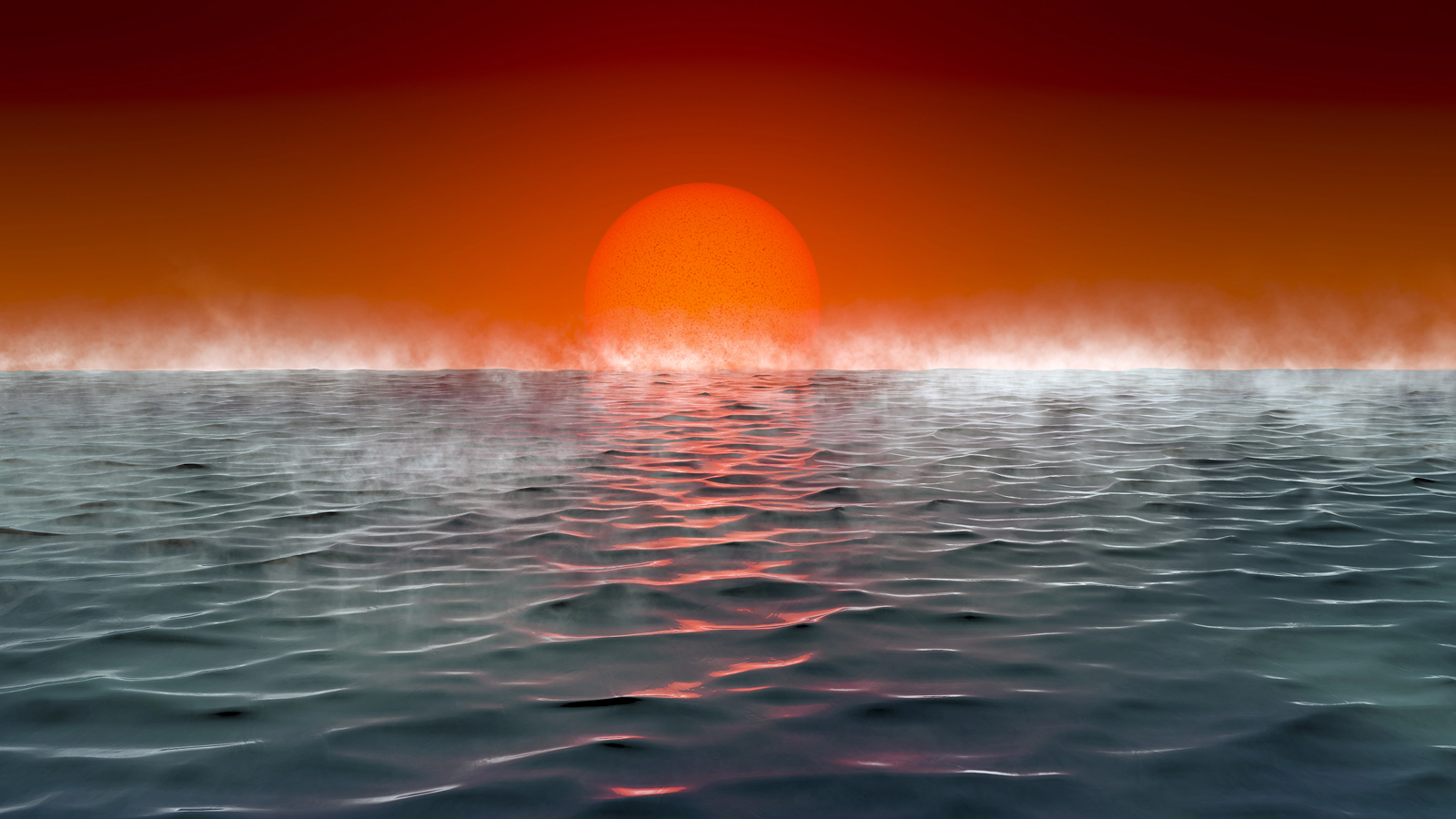
James Webb telescope could find signs of life on alien 'hycean' ocean worlds
By Paul Sutter published
If such worlds exist, they could be among the most common life-bearing planets in the galaxy.
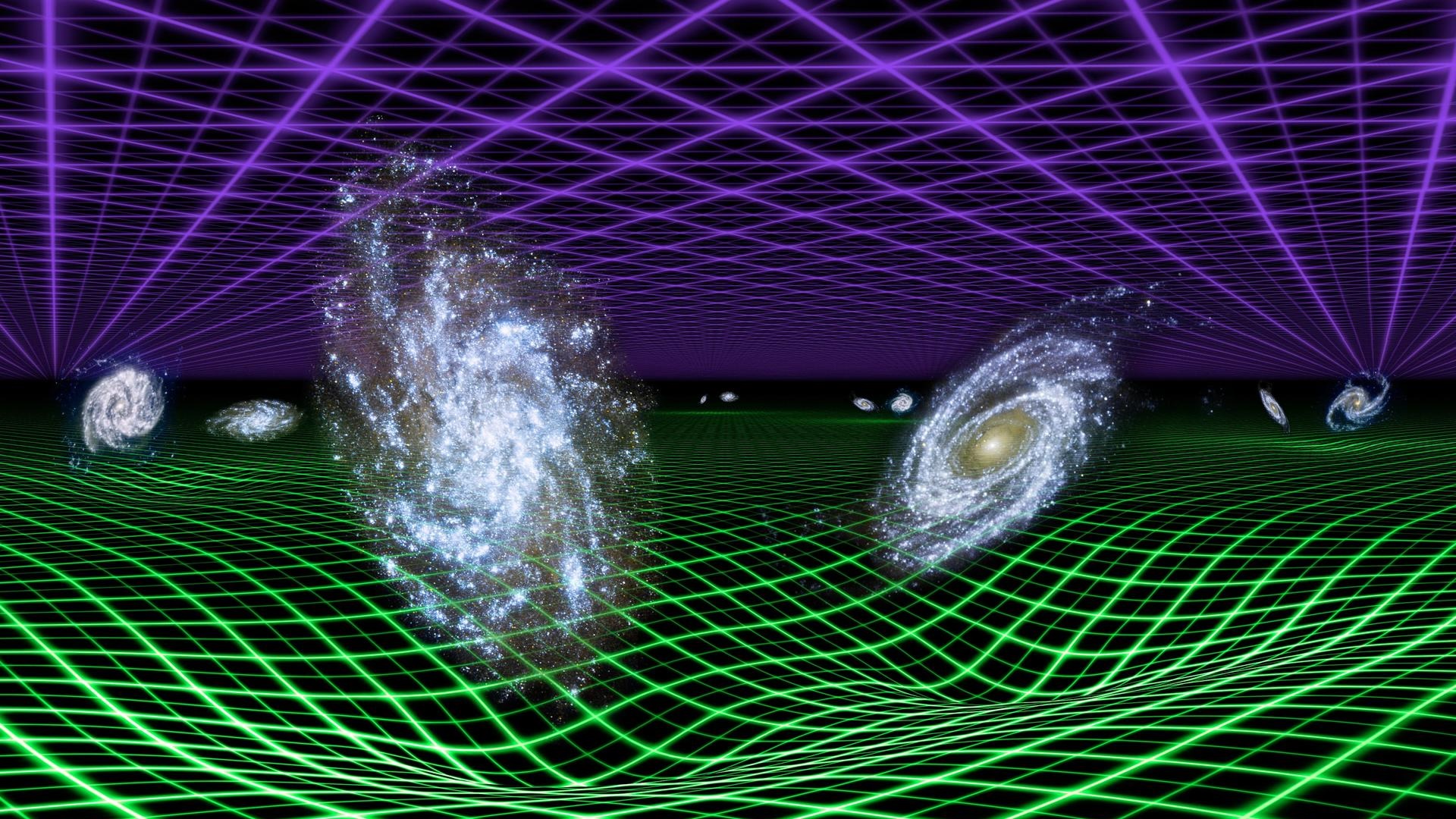
Could the universe ever stop expanding? New theory proposes a cosmic 'off switch'
By Paul Sutter published
Dark energy, the mysterious phenomenon that powers the expansion of the universe, may undergo periodic 'violent transitions' that reverse the growth of the cosmos, a new pre-print study hints.
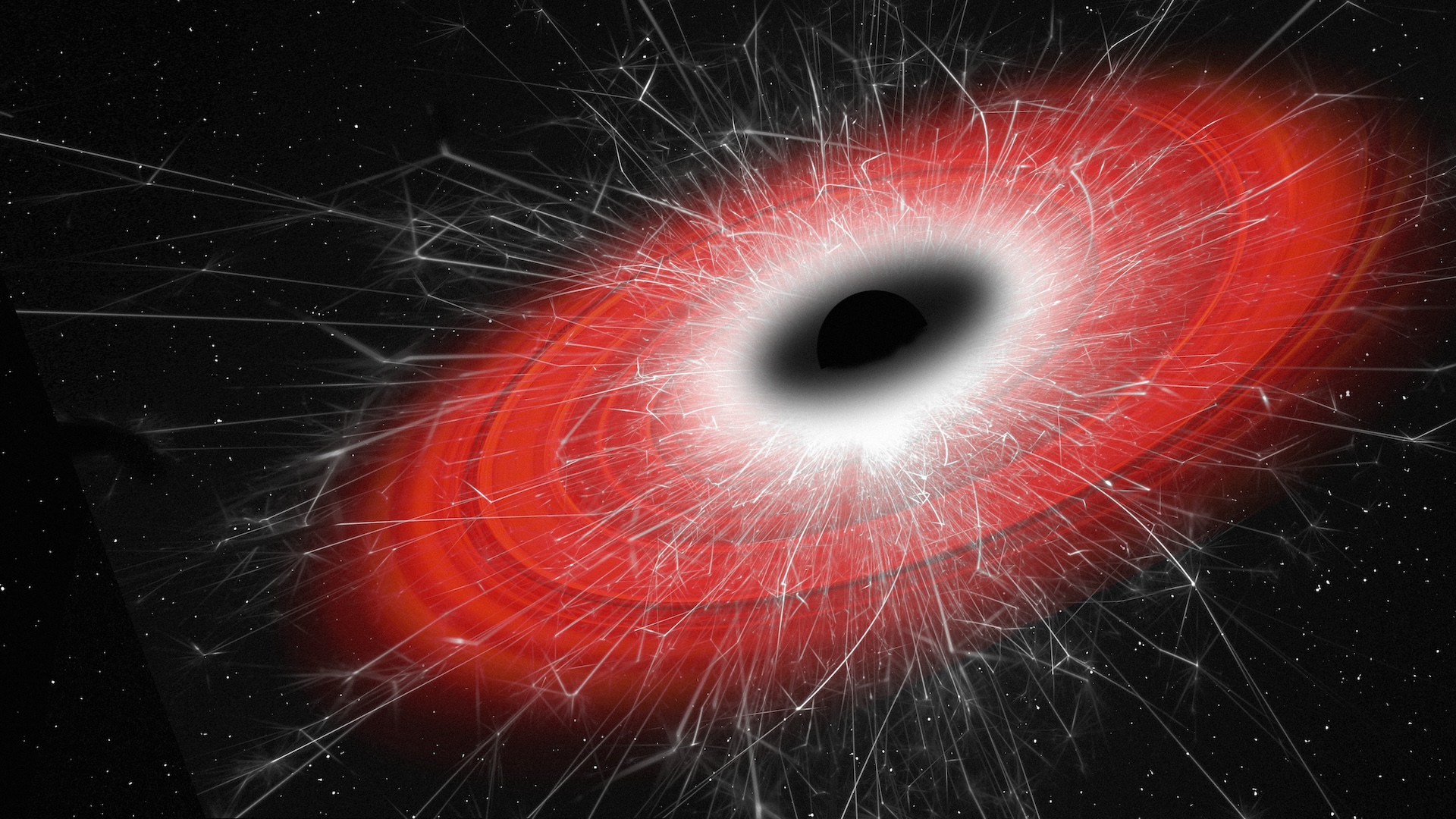
Evidence for Stephen Hawking's unproven black hole theory may have just been found — at the bottom of the sea
By Paul Sutter published
The recent discovery of a stupendously powerful neutrino has left scientists scratching their heads. New research suggests it could be evidence that Stephen Hawking was right about the nature of black holes and the early universe.
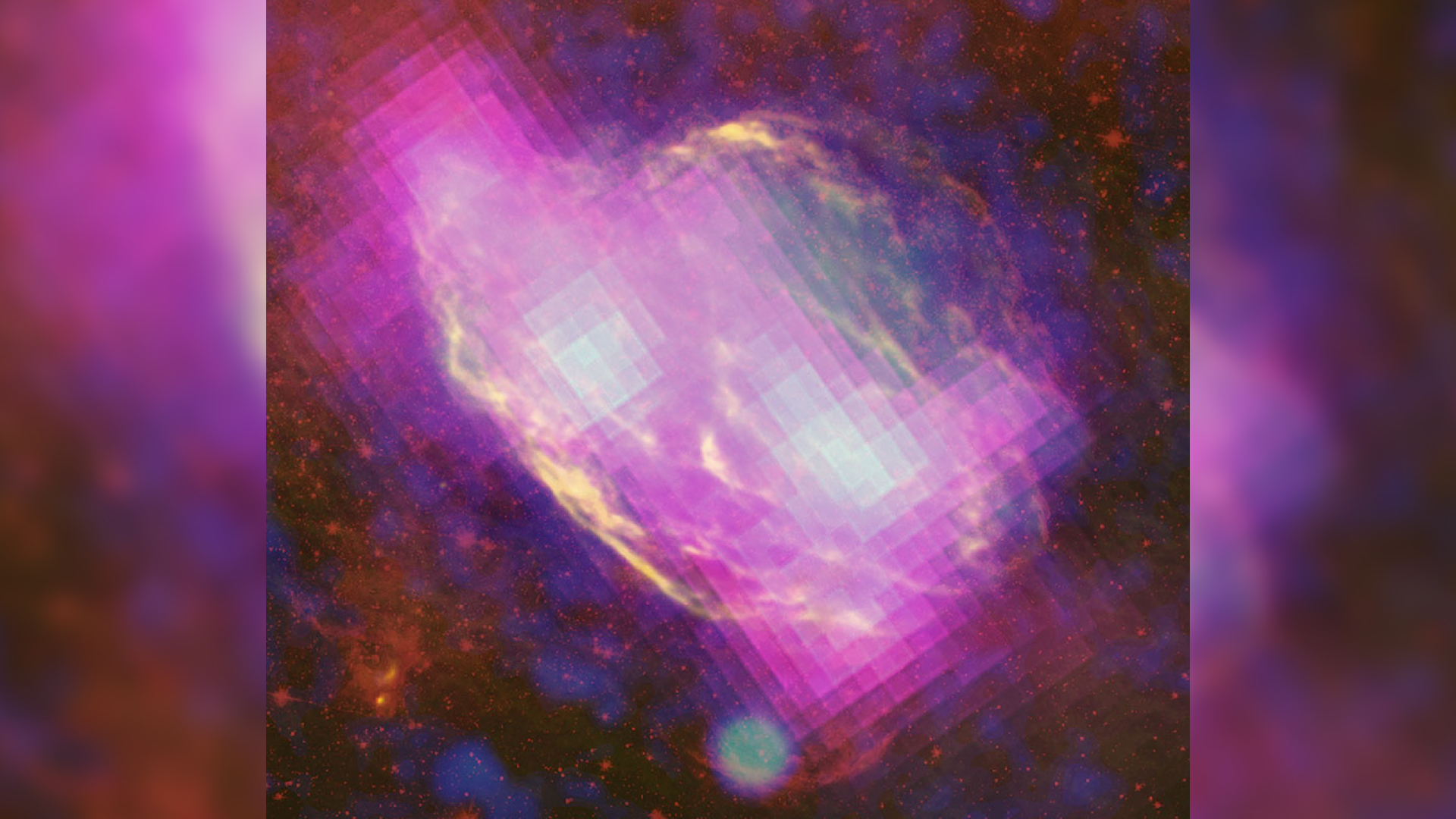
Most powerful cosmic rays in the universe start shockingly close to Earth, paper claims
By Paul Sutter published
The most powerful cosmic rays in the universe currently have no explanation. New research suggests that exotic, self-annihilating particles in our own galaxy may hold the answer.

China is building a space telescope to rival the JWST — and it could survive in orbit decades longer
By Paul Sutter published
Chinese scientists have announced details on the upcoming China Space Station Telescope (CSST), a cutting-edge observatory that will rival the JWST.

Could we travel to parallel universes?
By Paul Sutter published
Let's explore the possibility of traveling to universes beyond our own — if they so exist, that is.
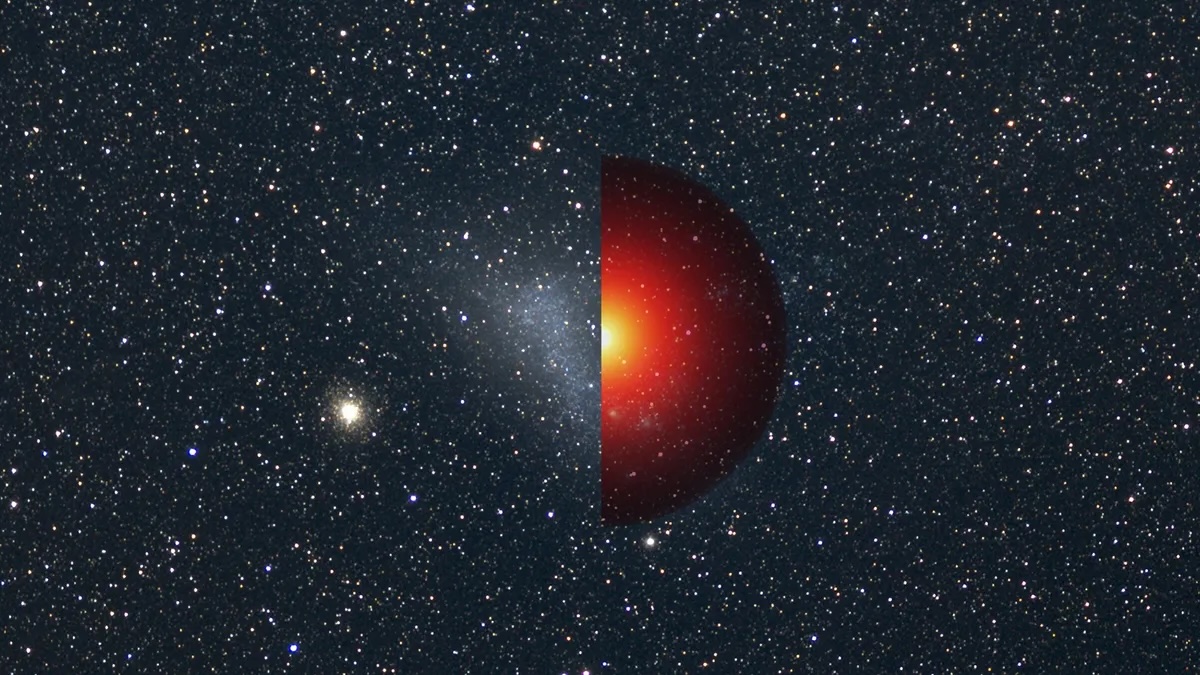
'Heavy' dark matter would rip our understanding of the universe apart, new research suggests
By Paul Sutter published
Because we haven't found anything yet, we've started to wonder if dark matter might be lighter or heavier than we thought.
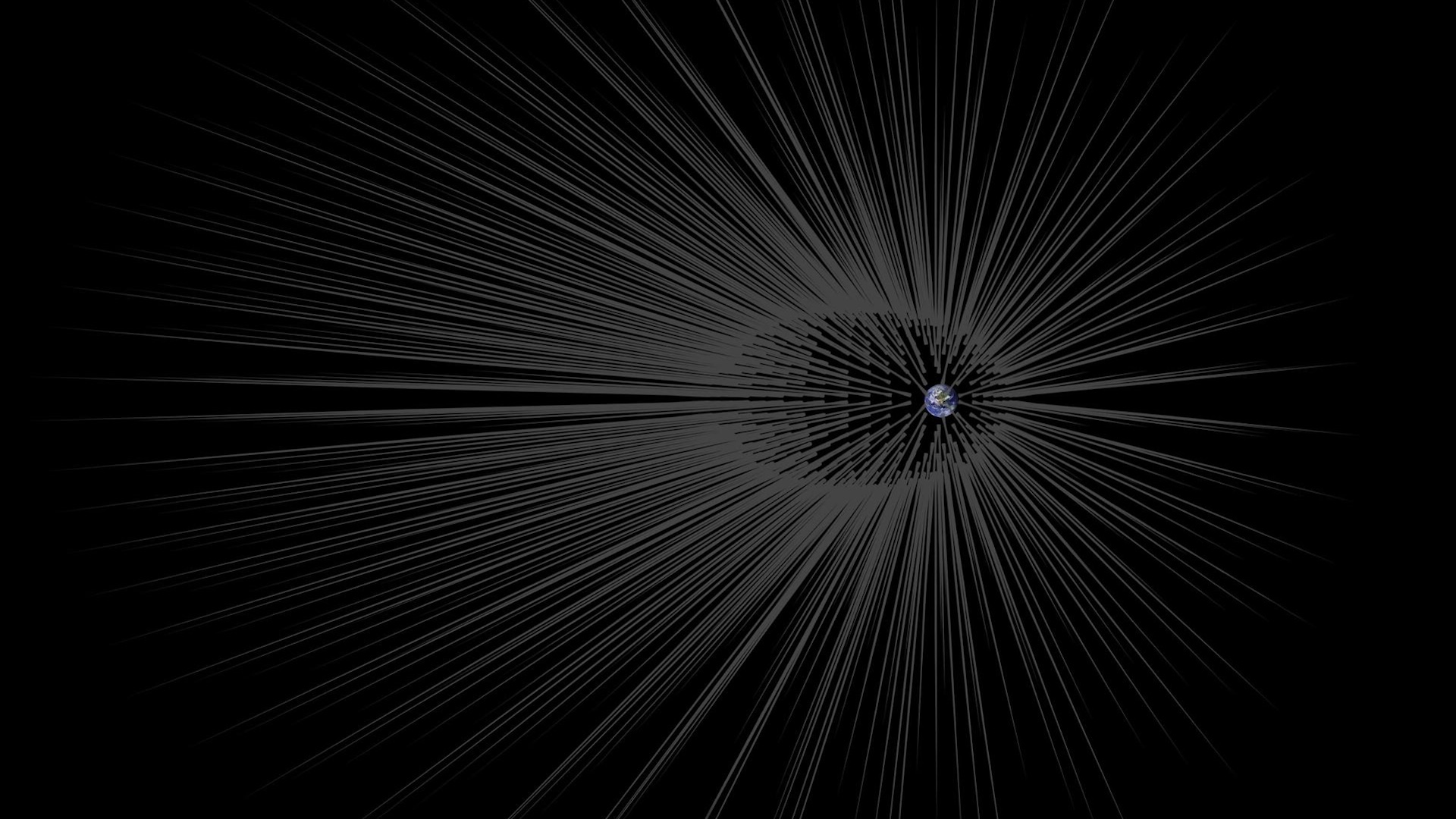
Something invisible and 'fuzzy' may lurk at the Milky Way's center, new research suggests
By Paul Sutter published
The cores of galaxies may not be made of what we thought, new research suggests — they could hold one giant, invisible star made of mysterious "fuzzy" matter.
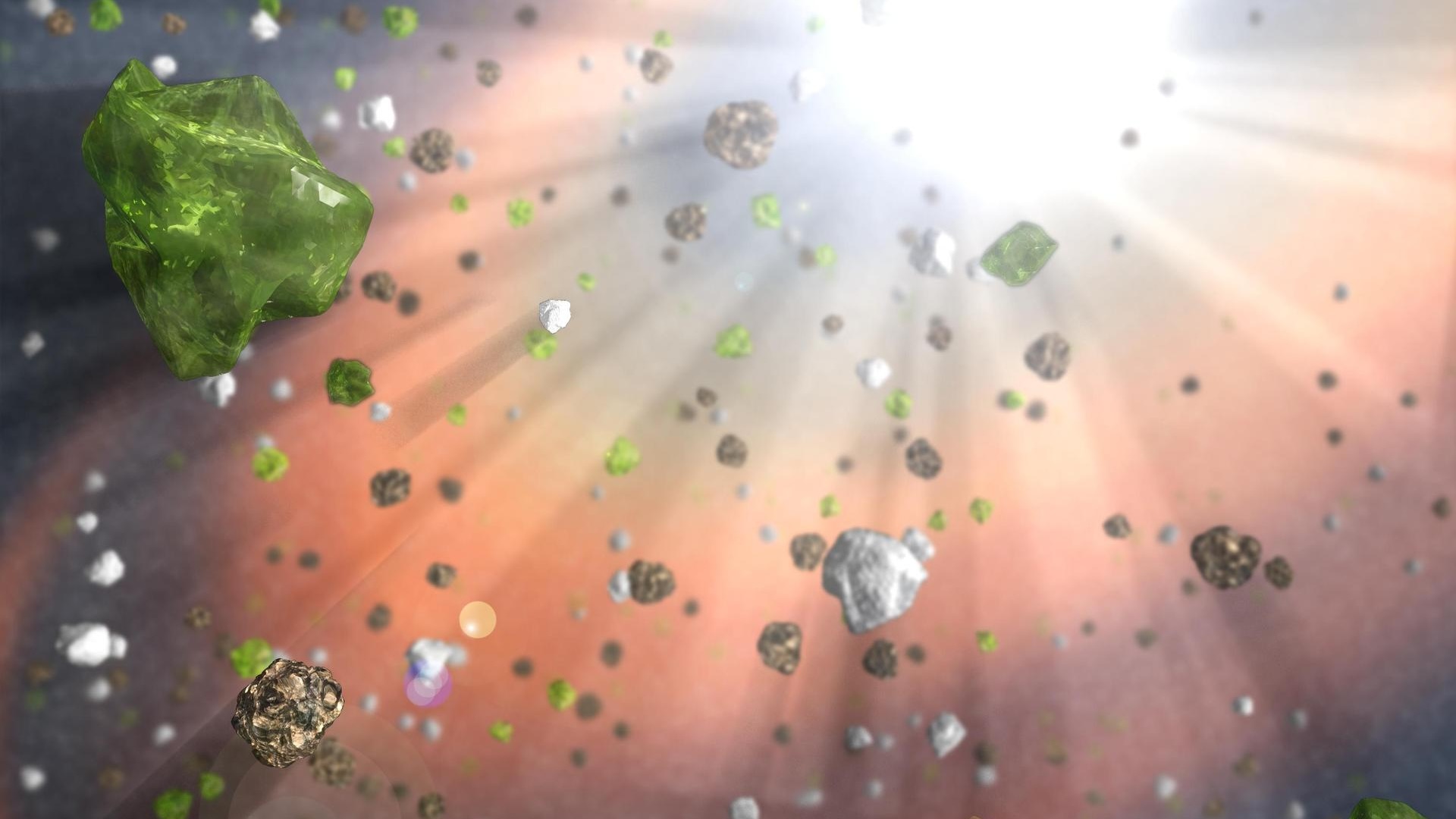
'The Majoron' — a bizarre particle that's its own opposite — could explain the biggest mysteries of the universe, scientists claim
By Paul Sutter published
There's a significant imbalance between matter and antimatter in our universe, but a strange particle called "the Majoron" could finally explain it, an audacious new study suggests.
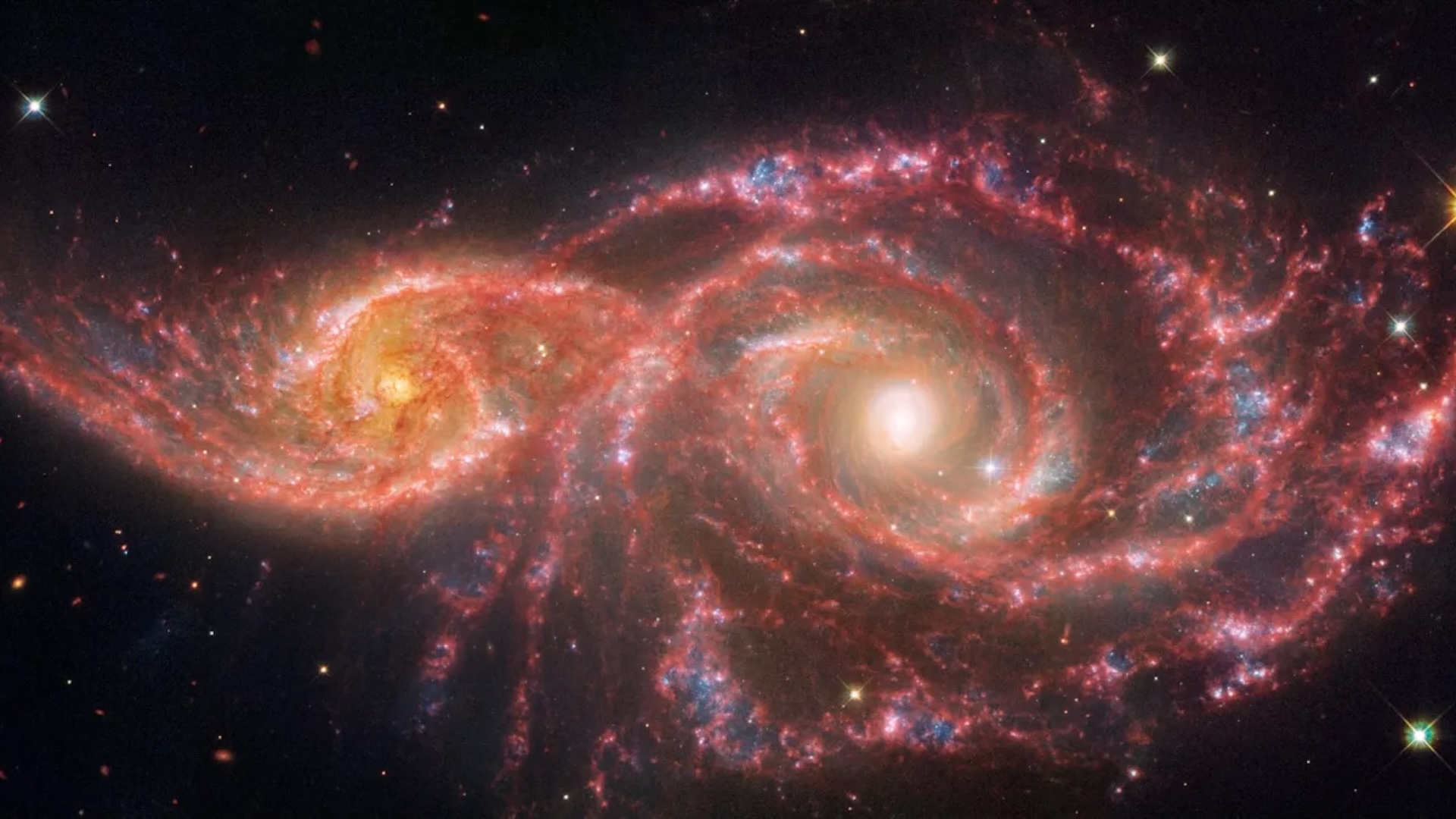
5 times the James Webb telescope rewrote physics in 2024
By Paul Sutter published
The James Webb space telescope had several stunning findings this year that changed how we understand the universe.
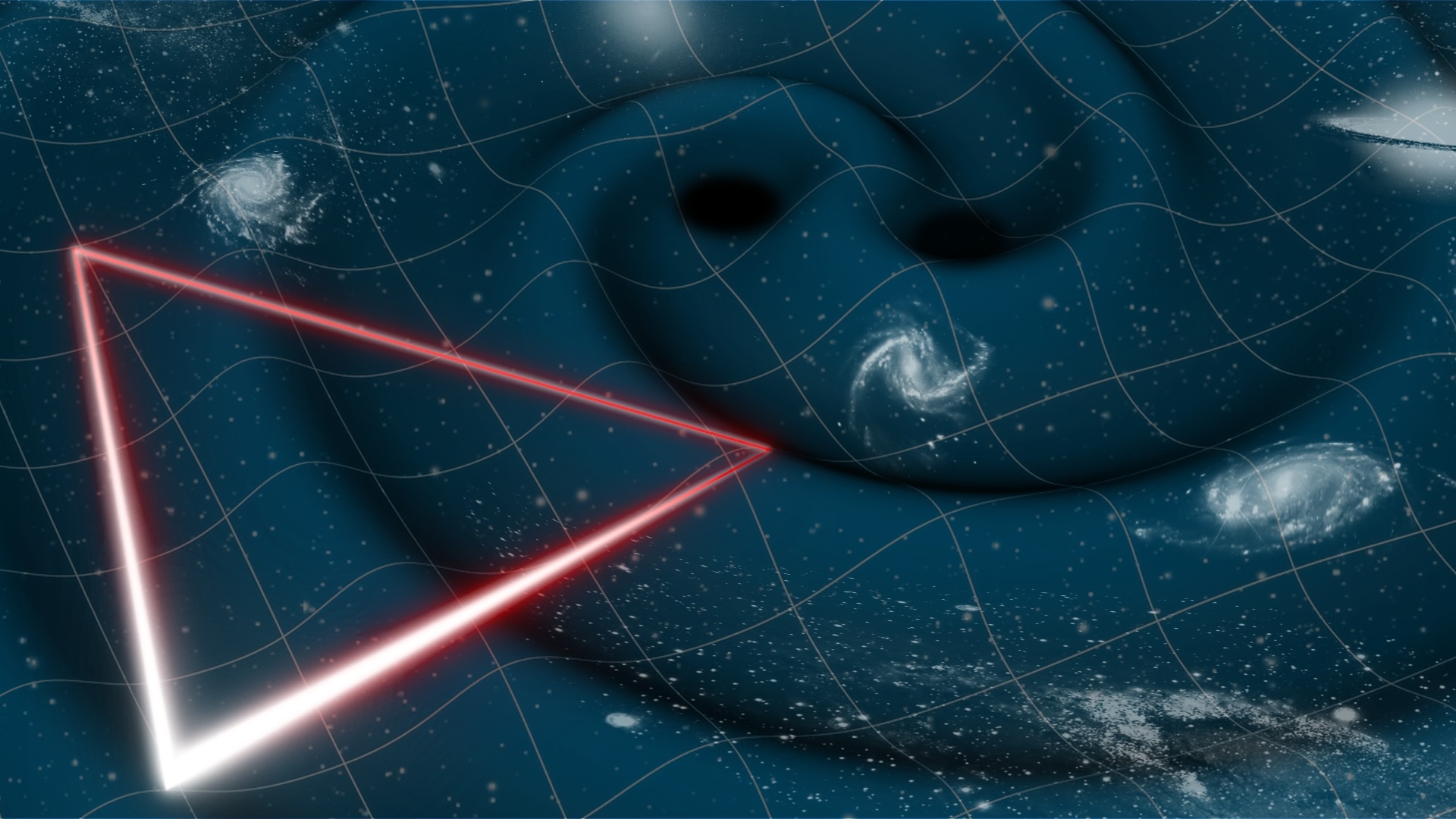
Black hole paradox that stumped Stephen Hawking may have a solution, new paper claims
By Paul Sutter published
As black holes slowly vanish through Hawking radiation, their information may be preserved in subtle space-time ripples, a new theory suggests.
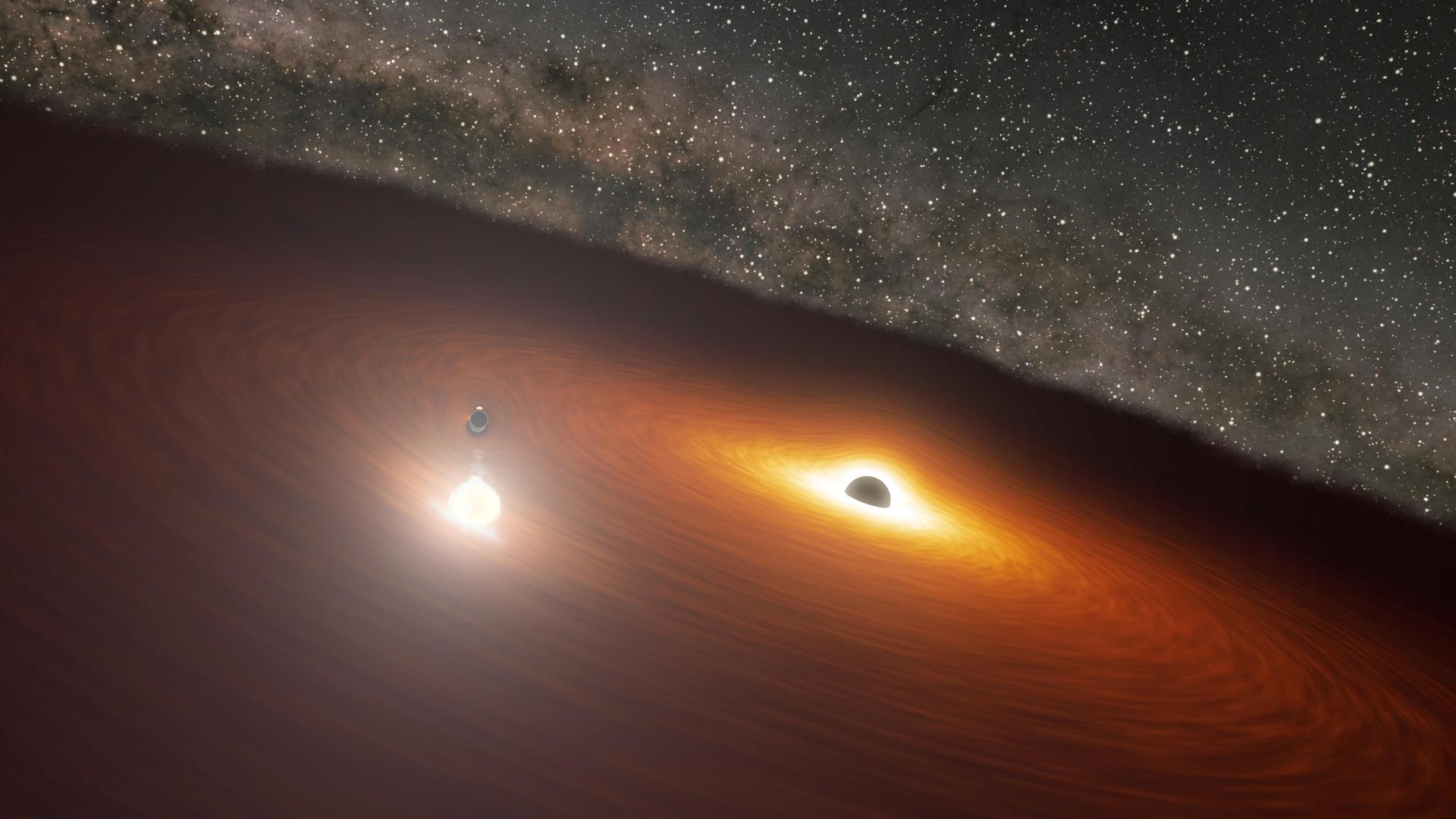
'Impossible' black holes discovered by the James Webb telescope may finally have an explanation
By Paul Sutter published
Peculiar James Webb Space Telescope observations seem to show gargantuan black holes in the earliest moments of the universe. New research may explain how they formed, thanks to primordial "seeds".
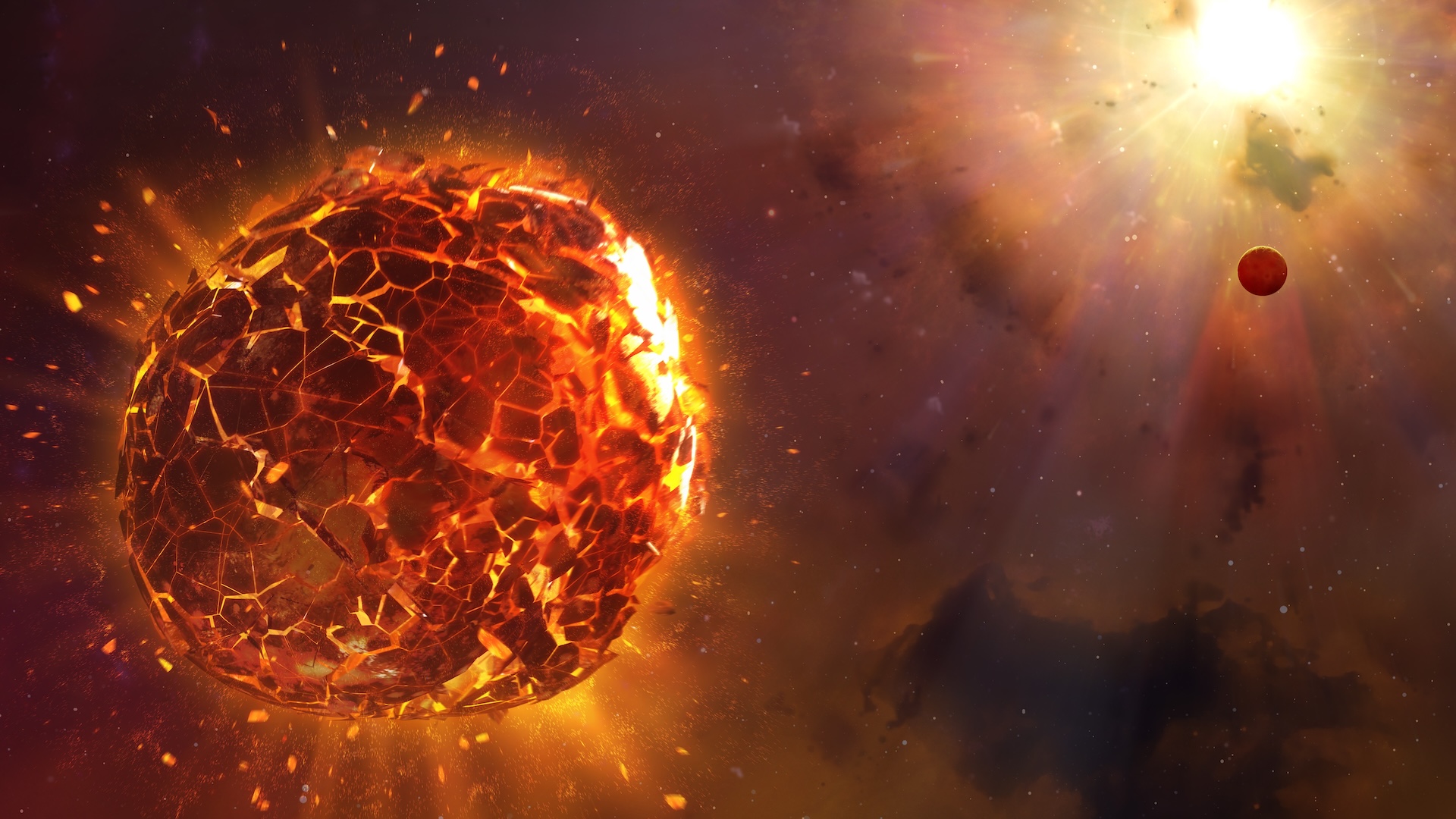
Could a supernova ever destroy Earth?
By Paul Sutter published
When stars explode as supernovas, they can cause serious cosmic carnage. Is Earth in any danger from any nearby stars?
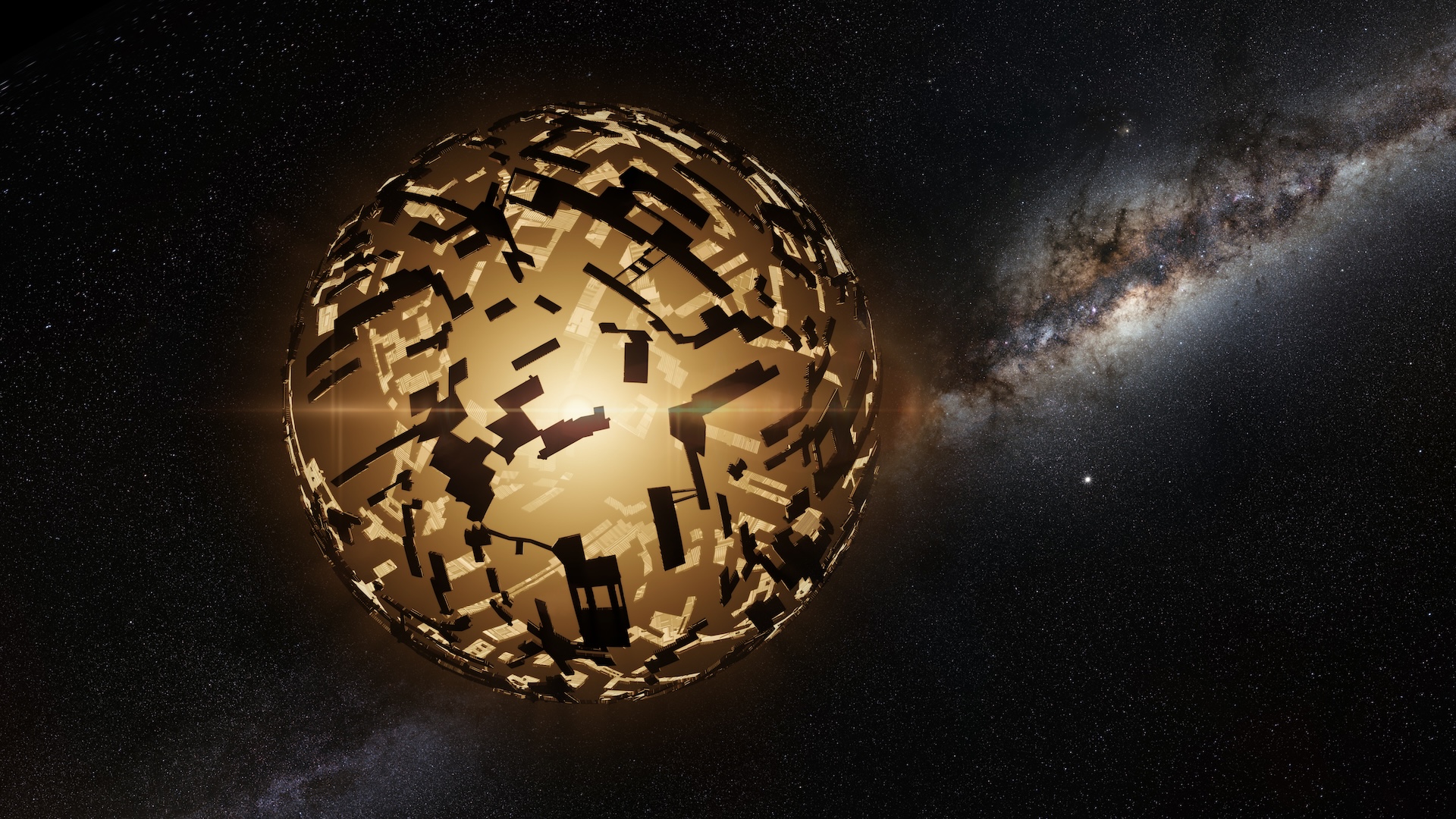
The fastest-moving stars in the galaxy may be piloted by intelligent aliens, new paper suggests
By Paul Sutter published
To explore the galaxy and hunt for resources, intelligent aliens might need to turn their home stars into natural spaceships, a new paper suggests. A few known star systems might fit the bill.
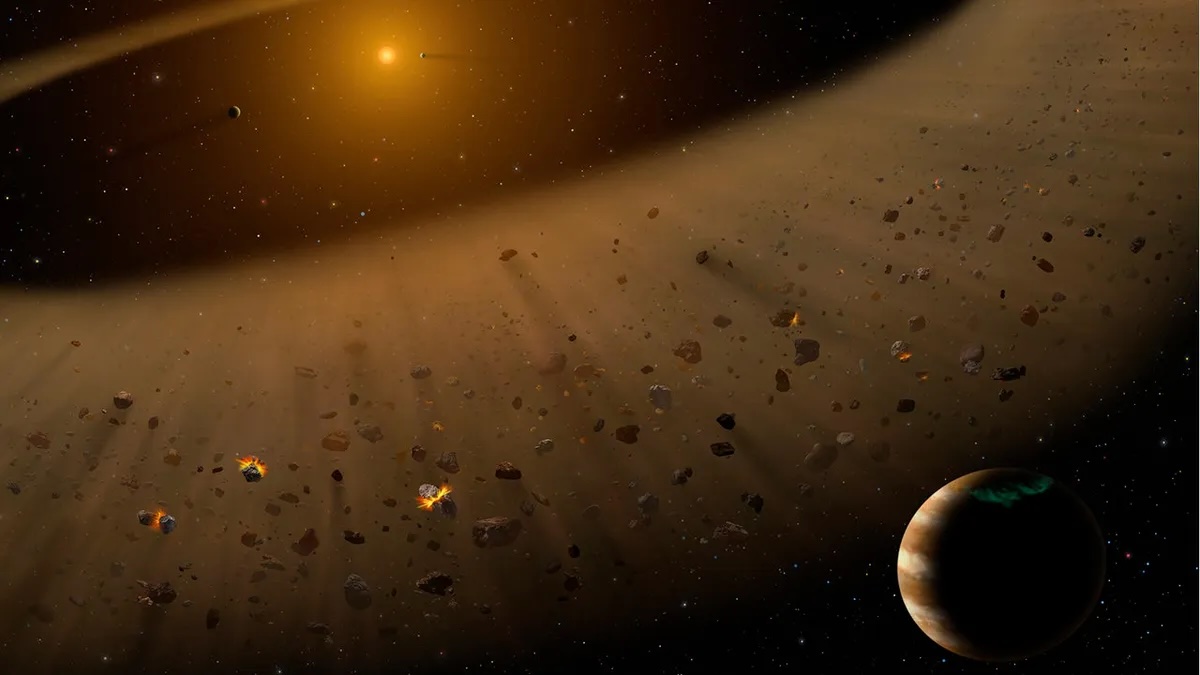
Does alien life need a planet to survive? Scientists propose intriguing possibility
By Paul Sutter published
While such organisms may or may not exist in the universe, the research has important implications for future human endeavors in space.
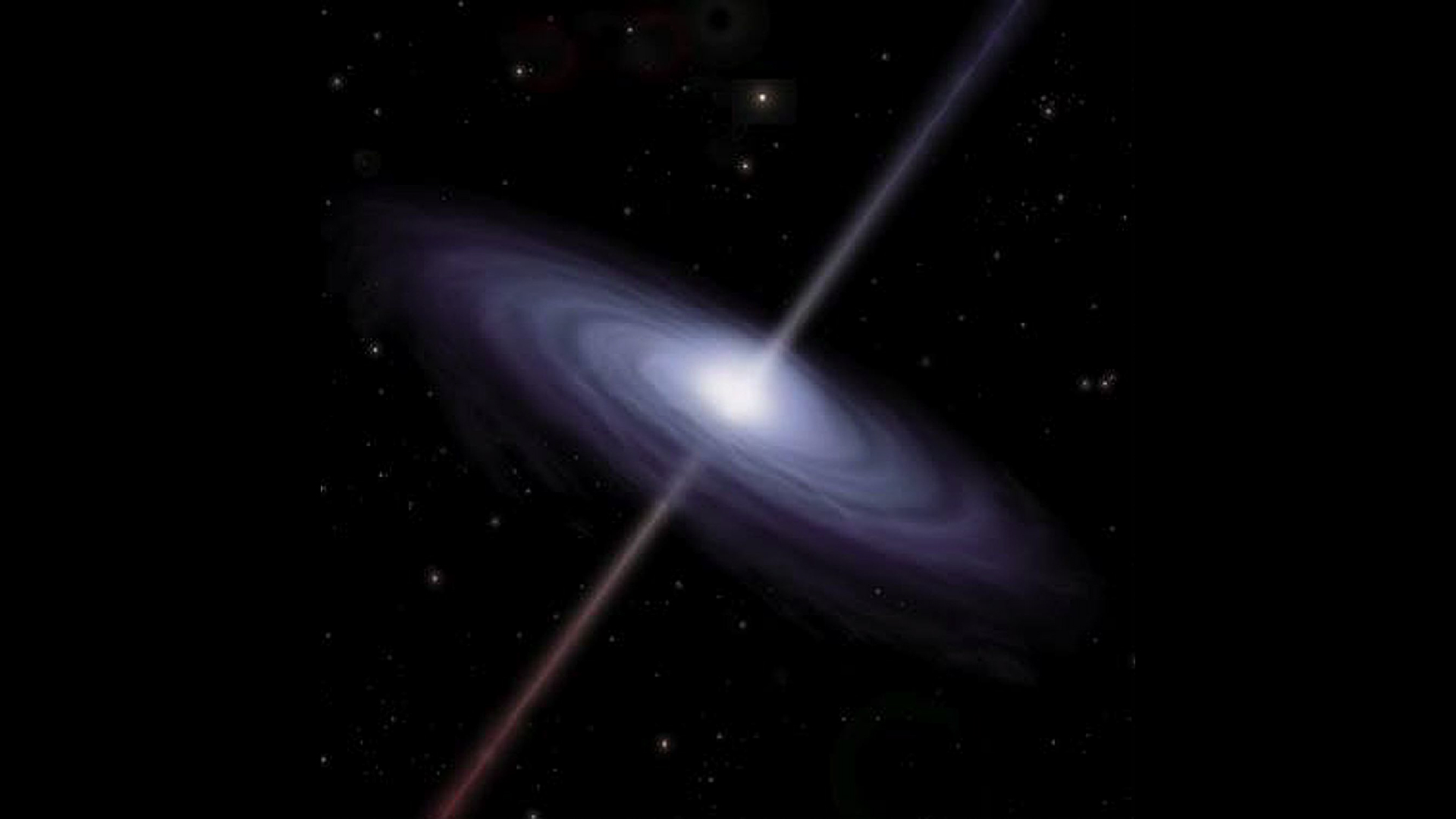
Black holes from the universe's infancy could reveal invisible matter
By Paul Sutter published
New theoretical research suggests primordial black holes could one day help researchers locate invisible dark matter.
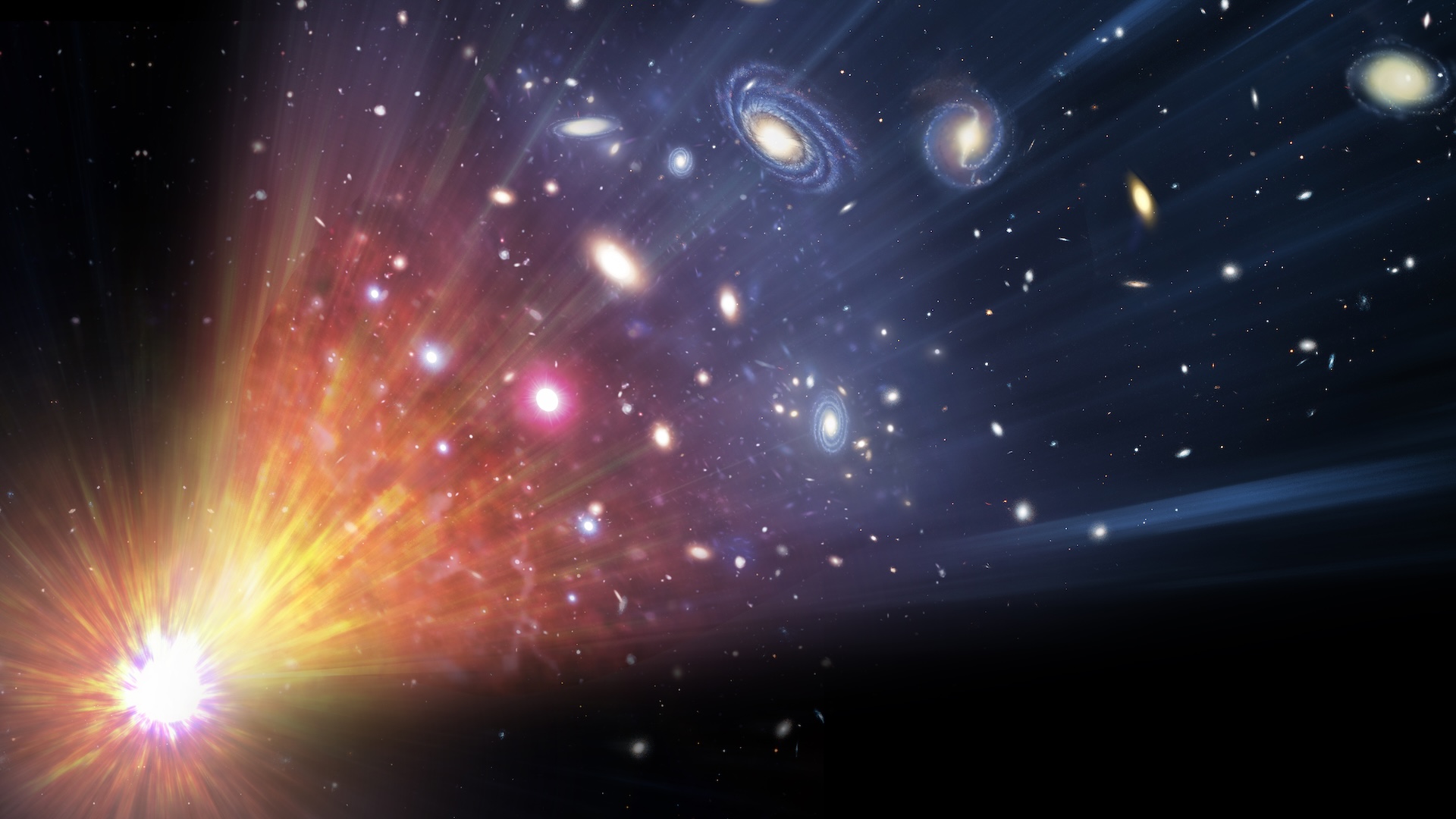
The universe may end in a 'Big Freeze,' holographic model of the universe suggests
By Paul Sutter published
New research suggests holographic dark energy could stop the universe's expansion.
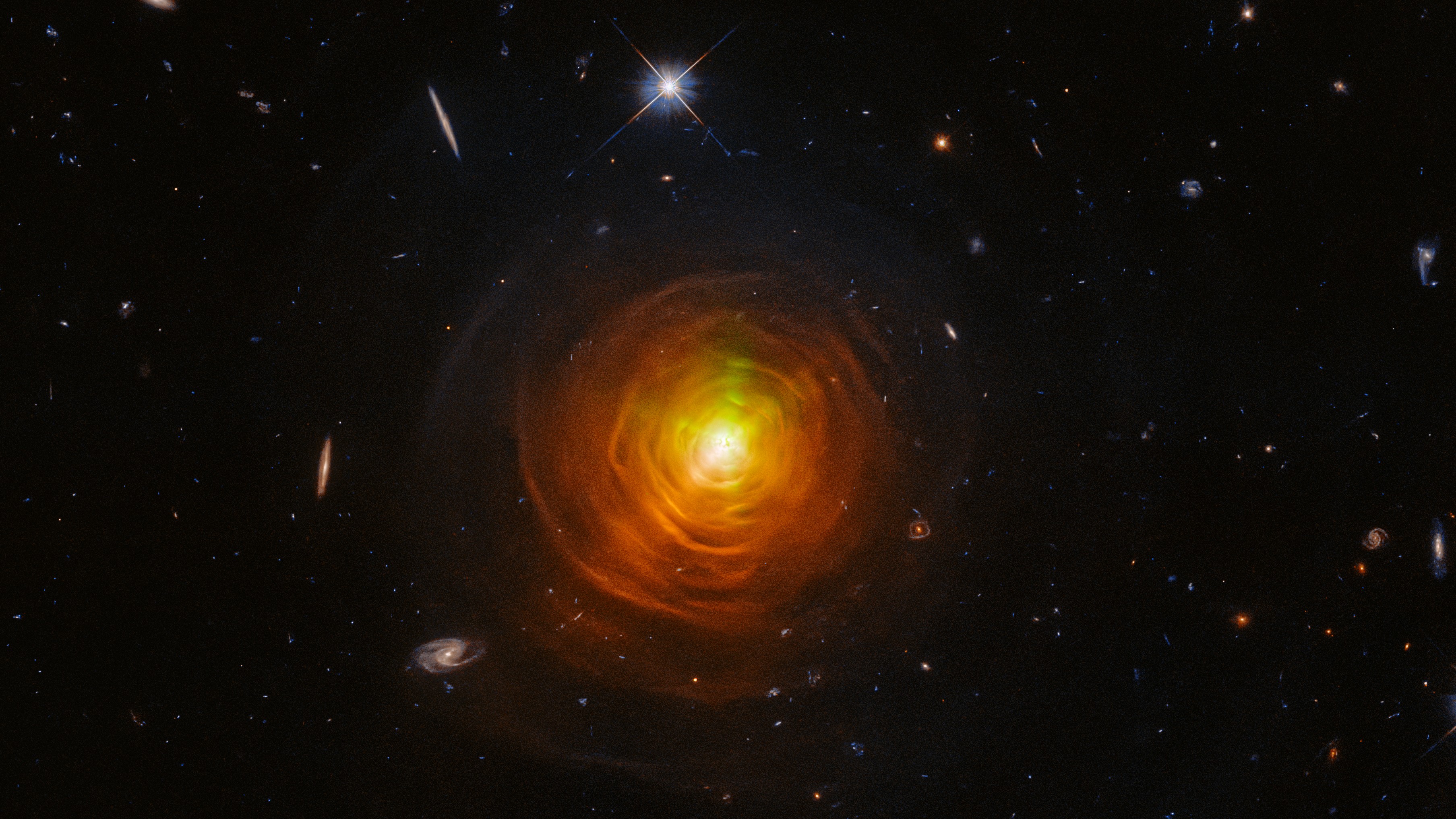
Mysterious, ultraheavy stars are gobbling up atmospheres like carrion, new study hints
By Paul Sutter published
Strange, ultraheavy stars that are rich in barium grow massive by cannibalizing their companions, scientists discover after finally catching these stellar leeches in the act.
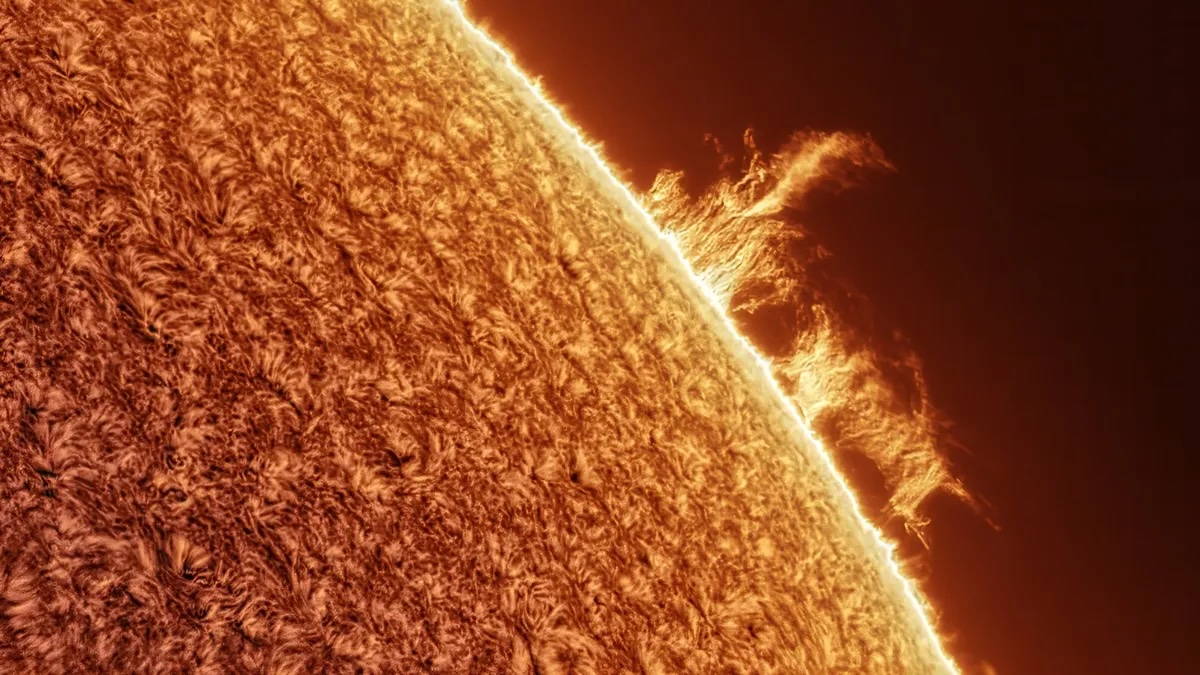
Could we turn the sun into a gigantic telescope?
By Paul Sutter published
Using a phenomenon known as gravitational lensing, it might be possible to use the sun as a gigantic telescope to peer deep into space.
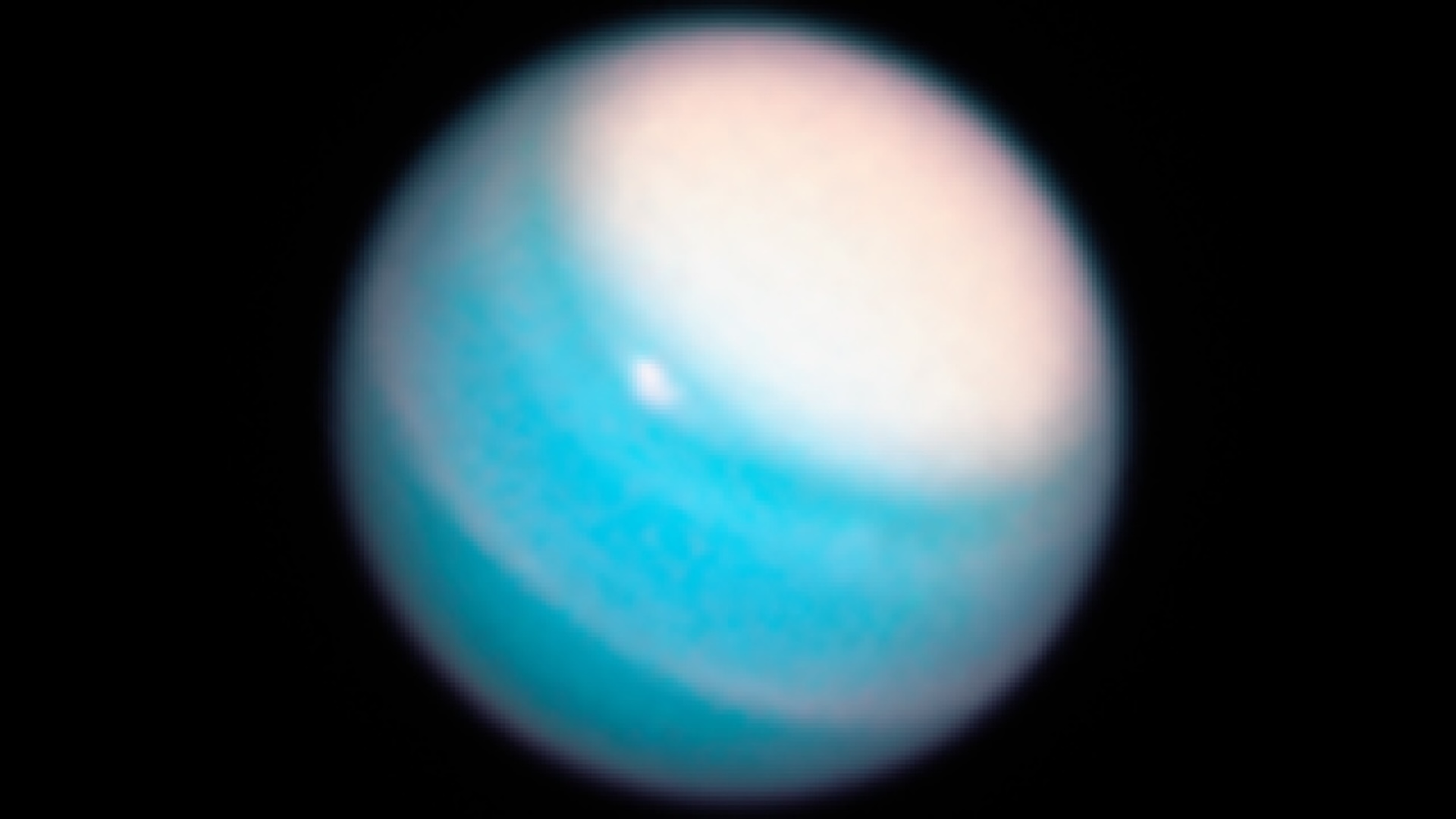
Scientists finally know why ultraviolent superstorms flare up on Uranus and Neptune
By Paul Sutter published
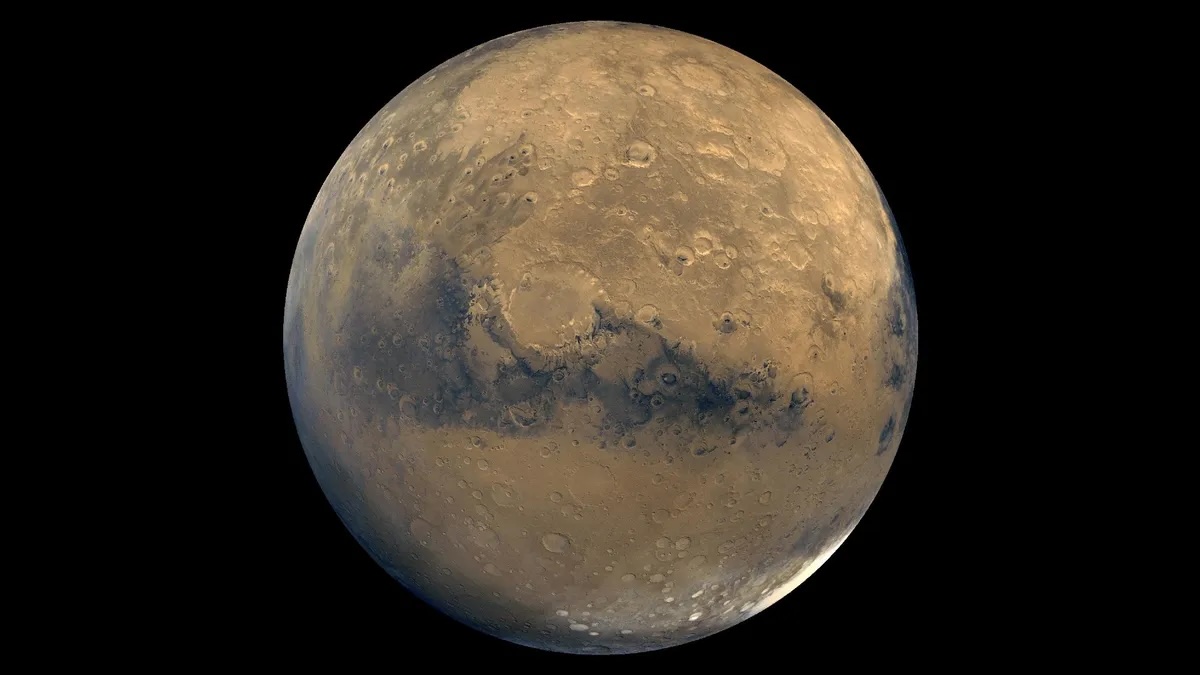
A long-lost moon could explain Mars' weird shape and extreme terrain
By Paul Sutter published
Unlike the other planets in the solar system, Mars is distinctly triaxial, meaning it is an ellipsoid with different sizes along all three axes.
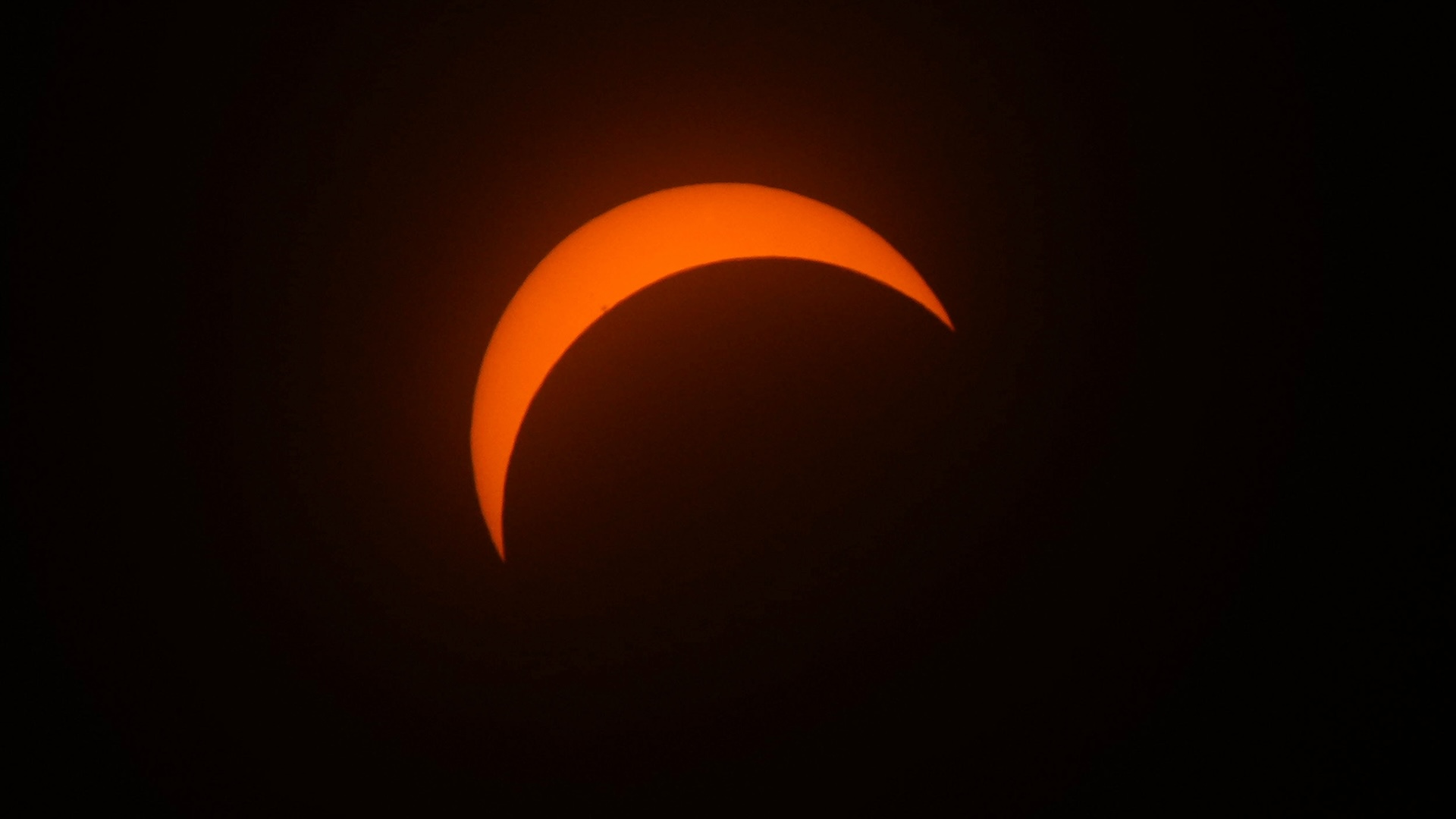
Astronomers discover oldest known eclipse reference in 6,000-year-old Hindu text
By Paul Sutter published
A flowery passage in a 6,000-year-old Hindu text may be the earliest known reference to a solar eclipse, describing the sun as being "pierced" with darkness and gloom and proposing that evil beings had caused the sun's "magic arts to vanish."
Sign up for the Live Science daily newsletter now
Get the world’s most fascinating discoveries delivered straight to your inbox.
